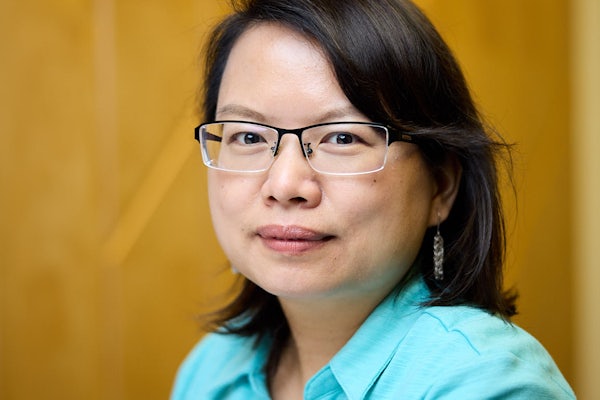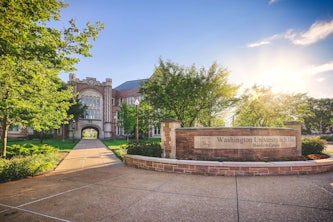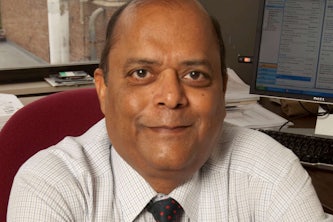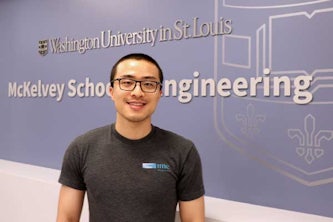Chen receives $500,000 grant to study new technique in pediatric brain cancer model
Hong Chen and her team will study her focused ultrasound treatment's efficacy on deadly pediatric brain cancer

In Australia, brain cancer kills more children than any other disease. But it is difficult to treat without significant risks from surgical or drug treatment.
Hong Chen, assistant professor of biomedical engineering in the Washington University in St. Louis McKelvey School of Engineering and of radiation oncology in the School of Medicine, will address the need for innovative approaches to treating pediatric brain cancer with a three-year, $500,000 grant from the Charlie Teo Foundation. With the funding, she and her team plan to develop the focused ultrasound mediated intranasal (FUSIN) delivery technique to deliver drugs from the nose to the brain, bypassing the blood-brain barrier and minimizing exposure of other organs to the drug.
Chen's FUSIN technique uses focused ultrasound to target a specific location in the brain, then delivers microbubbles to the targeted location. Once the microbubbles arrive at the tumor, they pop, delivering the intranasally administered drug in the tissue surrounding the tumor.
Specifically, Chen and her team will focus on diffuse midline gliomas, the most deadly pediatric cancer with a 100% mortality rate and a median survival rate of less than 1 year, in a large animal model. They have previously had success with the technique in a mouse model. By studying the accuracy and safety of the technique in a large animal model, they are seeking to establish the clinical translation potential of the technique into humans.



